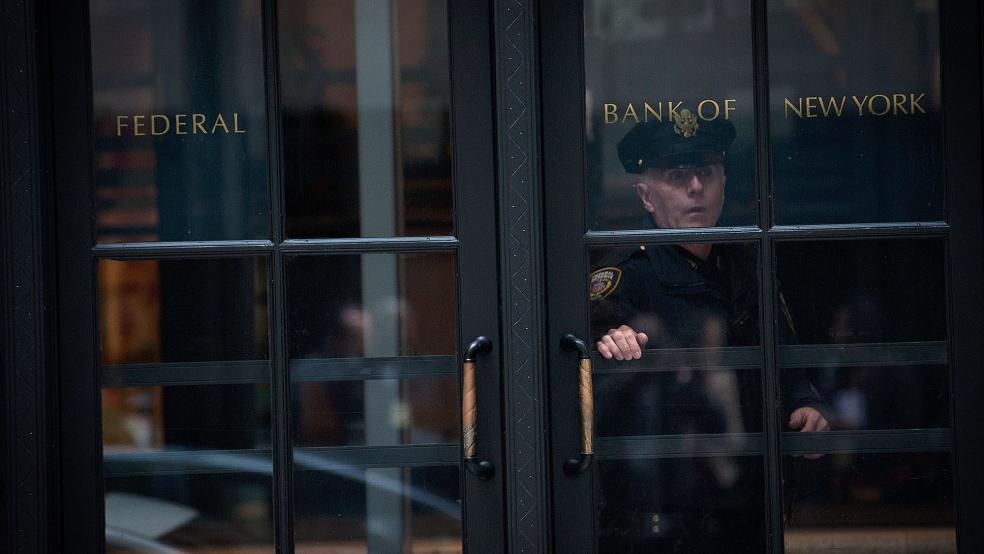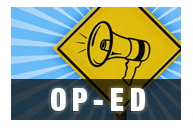I have worked at both the Federal Reserve Bank of New York and the International Monetary Fund, and have long been struck by the sense that neither institution can “win” where its critics are concerned.
Both are oft attacked from “the left” for the influence that orthodox economists and lawyers sometimes play within them. Both at least as often are attacked from “the right,” sometimes simply for existing. All that either institution can do in such circumstances is to pursue its mission conscientiously and tread as carefully as possible in hopes of not dramatically offending anyone.
Related: Something Is Dangerously Wrong at the New York Fed
Something like this tightrope act was on display on Friday, in Senate hearings where both I and other academics on the one hand, and New York Fed President William Dudley on the other hand, addressed questions prompted by recent allegations made by former bank examiners at the New York Fed.
The allegations are to the effect that examiners at the New York Fed have been too timid where enforcement of regulations that apply to banking institutions are concerned. If the allegations are true, we do indeed have a problem, inasmuch as the examination process is the means by which the Fed ensures that rules designed to preempt any repeat of the dramas of 2008 are followed both in letter and in spirit.
Are they true? Is the Federal Reserve, in the words of current critics, “captured” by the very institutions it is meant to regulate?
I spent most of 2011 and 2012 consulting at the New York Fed. I was there on site every Friday while school was in session and nearly every day of every week during summer, winter, and other academic breaks. I must say that I never saw anything even remotely resembling “capture” in the departments in which I spent time — mostly Legal and, to a lesser extent, Research and Statistics. Indeed, what I saw was the very contrary of “capture.”
When I was brought on, I was told explicitly that a self-critique by the New York Fed post-2008 had identified timidity and “groupthink” as problems. The bank was working to correct those problems. I was brought in to assist with that process. In this capacity, I was given many “out of the box” projects to work on, including some aimed at assisting the New York Fed police a new and forward-looking “financial stability” mandate and to develop fundamental improvements to the nation’s mortgage markets.
Related: Why Wall Street Breeds So Many Bad Apples
It is no small measure of Fed independence, I believe, that the Federal Reserve Bank of New York’s flagship journal, Current Issues in Economics and Finance, even published an article I wrote in another capacity, about an eminent domain solution to the nation’s underwater mortgage problem. Readers of The Fiscal Times may know that the banking and financial services industries quite simply loathe this plan, which I have been pushing for some years now — and the New York Fed took heat for allowing me so much as to speak in favor of it in its own journal.
I believe, then, that it is a serious mistake to think the Fed is “captured” in any general or comprehensive sense. It might be the case that there is insufficient zeal among some bank examiners — this I simply cannot speak to on the basis of my own experience, not having worked in that department myself. If it is indeed a problem, though, I have no doubt the New York Fed will work to rectify it with the help of inside and of outside critics.
Let us, then, approach this matter in constructive spirit, rather than just adding yet more voices to the uninformed, un-nuanced choruses that seem so often to attack our central bank from “left” and “right” alike.
Robert Hockett is Edward Cornell Professor of Law at Cornell Law School and a fellow at The Century Foundation. From 2011-2012, he was a resident consultant at the Federal Reserve Bank of New York.
Top Reads from The Fiscal Times:






